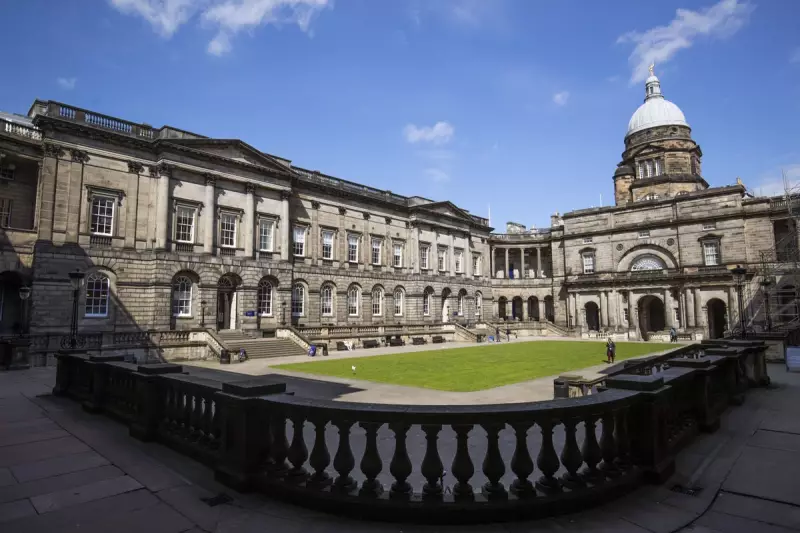
The University of Edinburgh has taken a significant step towards confronting its past by commissioning a major academic study into its historical connections to the transatlantic slave trade. This pioneering research aims to shed light on the institution's potential financial and intellectual benefits derived from these practices.
The investigation will be led by an independent academic, ensuring impartiality and scholarly rigour. It will delve into the university's archives to uncover uncomfortable truths, examining whether the institution received donations, endowments, or other forms of support linked to the profits of slavery.
A Commitment to Transparency and Understanding
This move represents a growing trend within Britain's oldest academic institutions to address historical injustices and their enduring legacies. The university has stated its commitment to a process of transparency, acknowledging the importance of understanding this complex part of its history.
The findings of the study are expected to be made public, contributing to a broader national and global conversation about the role of major institutions in the slave economy. This process is seen not as an end in itself, but as the beginning of a longer journey of acknowledgement and potential reconciliation.
Confronting a Complex Legacy
Like many venerable UK universities founded during the colonial era, the University of Edinburgh's history is deeply intertwined with the social and economic forces of its time. This research will specifically explore how the wealth generated by slavery may have indirectly funded scholarships, supported staff positions, or contributed to the construction of its iconic buildings.
The initiative has been welcomed by academics and students alike, who see it as a necessary and courageous act of historical accountability. It underscores the university's role not just as an educator, but as a custodian of history with a responsibility to address all aspects of its foundation.





